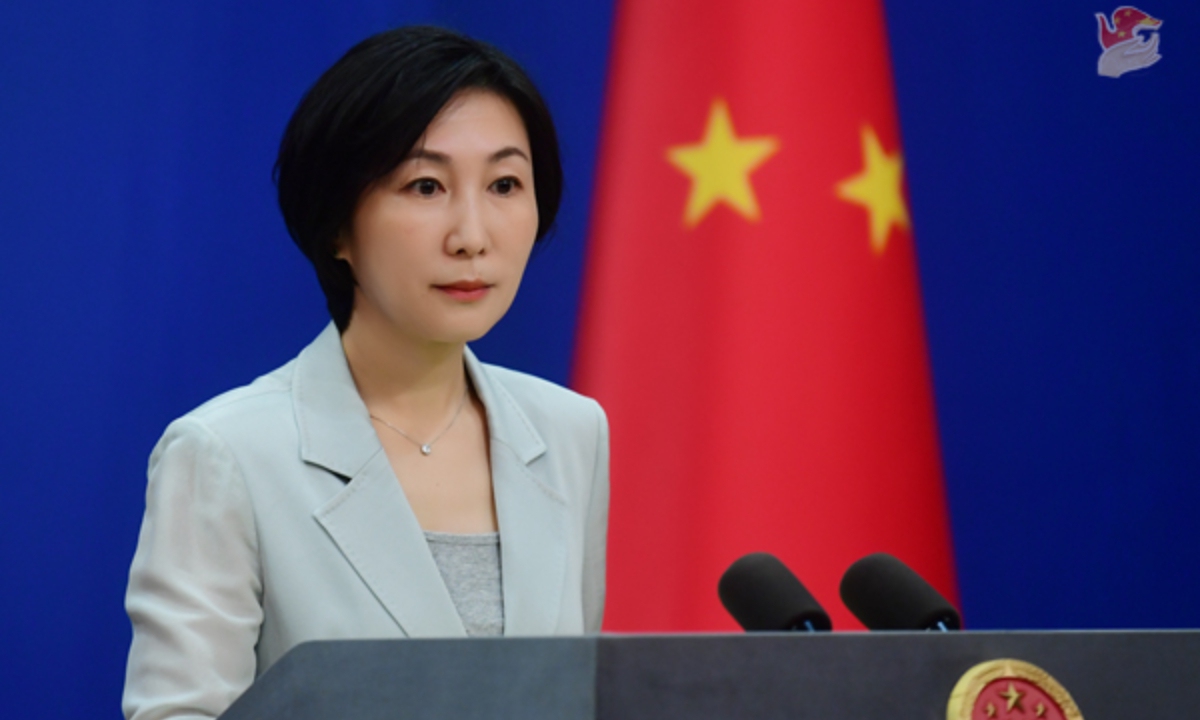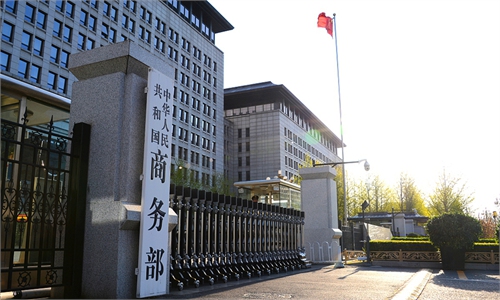US’ adding two Chinese tech firms to ‘entity list’ is a blatant suppression in the name of human rights, says Chinese FM spokesperson

Foreign Ministry Spokesperson Mao Ning Photo: Ministry of Foreign Affairs
Commenting on the US commerce department's decision on Tuesday to add two Chinese high-tech firms to "Entity List" for so-called "human rights violations," Chinese Foreign Ministry (FM) spokesperson Mao Ning said on Wednesday that the so-called sanctions are a blatant suppression of Chinese high-tech companies in the name of human rights.
The move further reveals the US's true intention of depriving the Chinese people's right to development. Protecting human rights is just a pretext they use to advance that objective, Mao said, noting that such schemes will not succeed.
The US Commerce Department announced on Tuesday that it had added two Chinese companies to a trade restriction list for allegedly enabling so-called human rights violations, Reuters reported.
The US Commerce Department, which oversees export policy, added Zhejiang Uniview Technologies Co., Ltd and Beijing Zhongdun Security Technology Group Co to the entity list, alleging that the companies enable "human rights violations," Reuters reported.
In responding to the US' move, Zhejiang Uniview Technologies Co., Ltd, one of the two listed firms, issued a statement on Wednesday that US' decision lacks factual basis, and the company has never been subject to any investigation or evidence collection by the US authorities.
The company called on the US government to reconsider its decision.
At present, the company's production and operations remain normal, and this incident has no significant adverse impact on our business operations, the company said in its statement, adding that "We are fully capable of ensuring the continuous and stable supply of products and providing high-quality technical support to our global customers."
Commenting on the news during a Wednesday's press conference, Mao noted that if the US truly cares about human rights, it should take care of its own human rights deficit first, rather than politicizing and weaponizing human rights issues to meddle in other countries' internal affairs and harm other countries' interests.
Global Times



